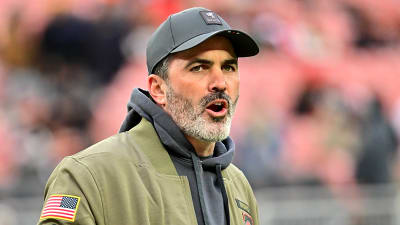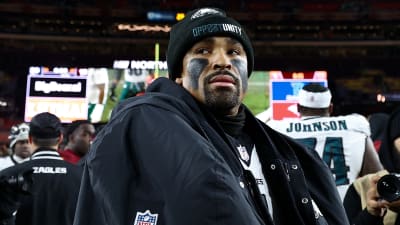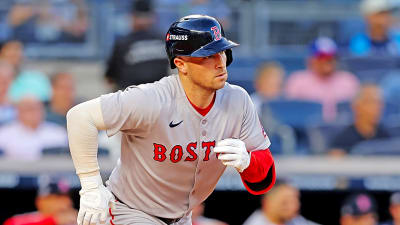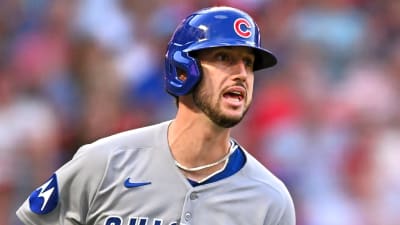
Highlights
- Kenny Wallace claims Dale Earnhardt Sr. was “too powerful for NASCAR."
- Drivers, shaped by image-conscious rules, lack the edge that once defined the sport.
- NASCAR might be looking to emphasize itself and its racing product ahead of drivers.
Star power in NASCAR has been a highly debated topic in the 21st century. The days when lads thronged to watch their heroes roar Chrysler Hemis and ladies swooned at the sight of rugged, handsome daredevils are long gone.
What we have today is a field of similarly polished gentlemen who seem systematically programmed to abandon the spirit of NASCAR’s unruly past.
The sanctioning body and the sponsors who keep the engines warm want their drivers to be exemplary characters who won’t bring any black marks to their brand images. The strict measures they have taken over the years to ensure the same have resulted in drivers fearing to display their true characters at work.
The last thing they want is to face the wrath of the one who runs the show and the one who pays for the equipment. But this wasn’t the case when the name Dale Earnhardt still ruled the tracks.
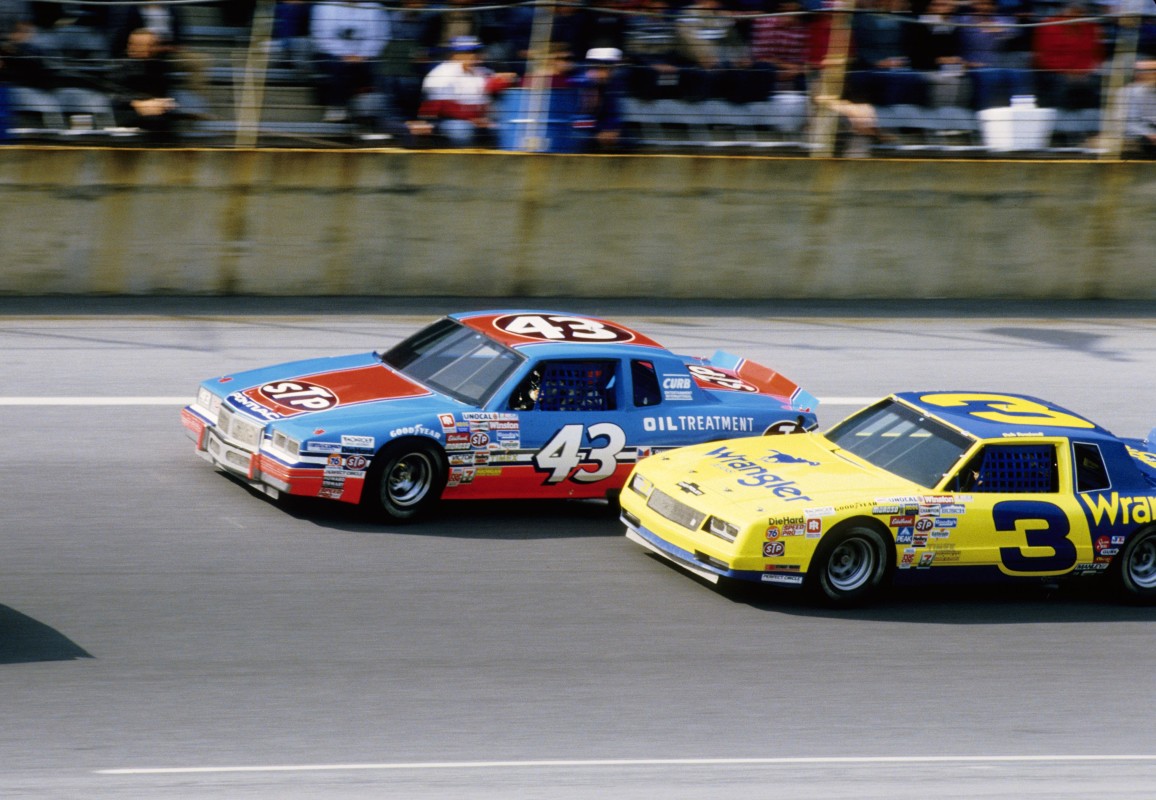
Speaking on the “Harvick Happy Hour” podcast, former driver Kenny Wallace recently delivered an example of how powerful stars used to be back in the day.
He narrated, “I've never said it before, but I've always thought it. Dale Earnhardt Sr. was too strong for NASCAR. If Dale Earnhardt Sr., in his day, if he ever got on the microphone and he looked at the grandstands and he said, "Okay, I don't want any of you to show up at the racetrack next week," they wouldn't show up. And that's how powerful he was. And NASCAR knew that.”
Why NASCAR Might Not Want Drivers To Be So Influential
When a popular driver retires, the sport doesn’t just lose another competitor. It loses a section of its audience. This is what happened when Jimmie Johnson, Dale Earnhardt Jr., and Jeff Gordon all retired in the mid-2010s.
So, if star power can both build and break loyalty, it is not a surprise that the sanctioning body has grown cautious. The entire charter agreement saga alone has proven without question that NASCAR wants to run a tight ship.
It would be a nightmare for the promotion to encounter another driver who would be capable of controlling the audience by simply speaking into a microphone.
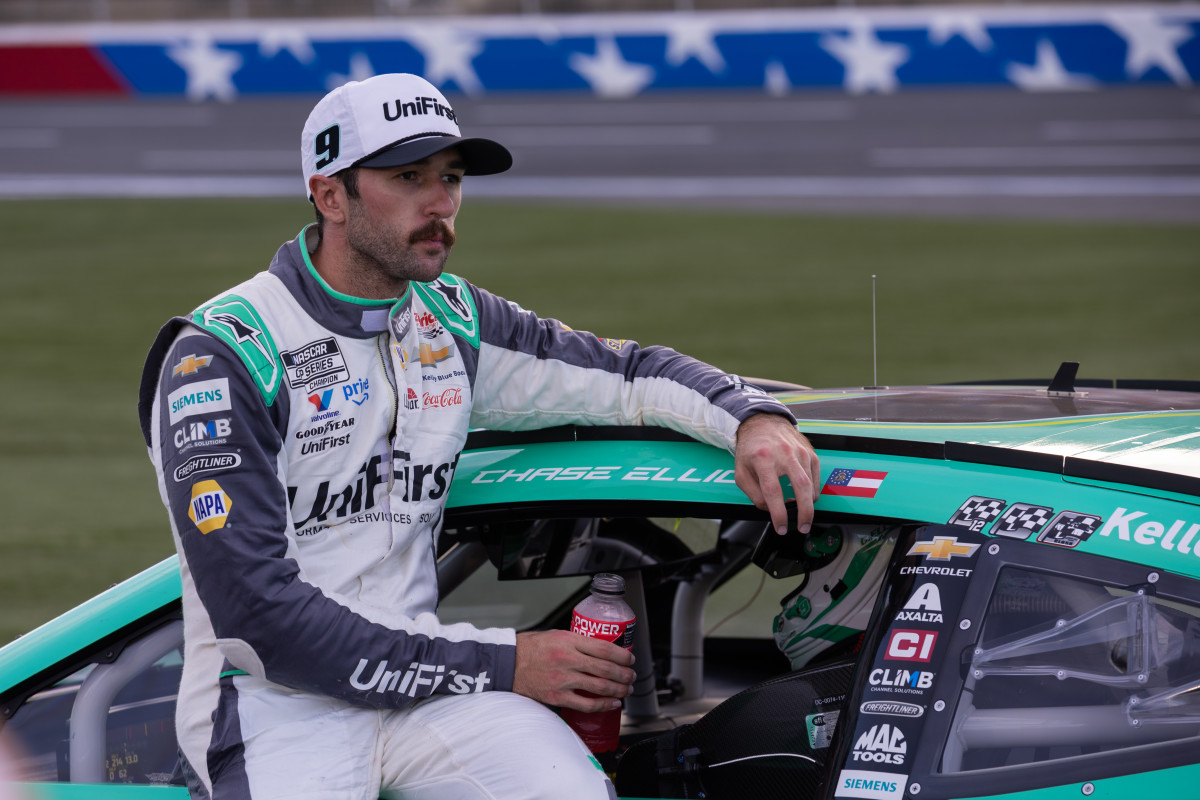
Even Chase Elliott, the sport’s most popular driver today, carries himself with quiet restraint. His character is a far cry from the swagger that once fueled NASCAR’s rise. This calmness preserves peace in the garage, but it dulls the drama that keeps fans glued to the screen.
And drama is the soul of any sport. The “good boy” attitude of drivers might protect the images of NASCAR and its sponsors, but it will destroy the chaos that once made things so appealing.
Until there comes a larger-than-life figure unafraid of authority and relentlessly wild, NASCAR will run fast, but painfully tame.
More must-reads:
- Kurt Busch reveals that he ran Indy 500 to 'go beat' Roger Penske
- Travis Pastrana running Truck Series race at Daytona with Niece Motorsports
- The 'Last three-passing-TD playoff game' quiz
Breaking News
Trending News
Customize Your Newsletter
 +
+
Get the latest news and rumors, customized to your favorite sports and teams. Emailed daily. Always free!
